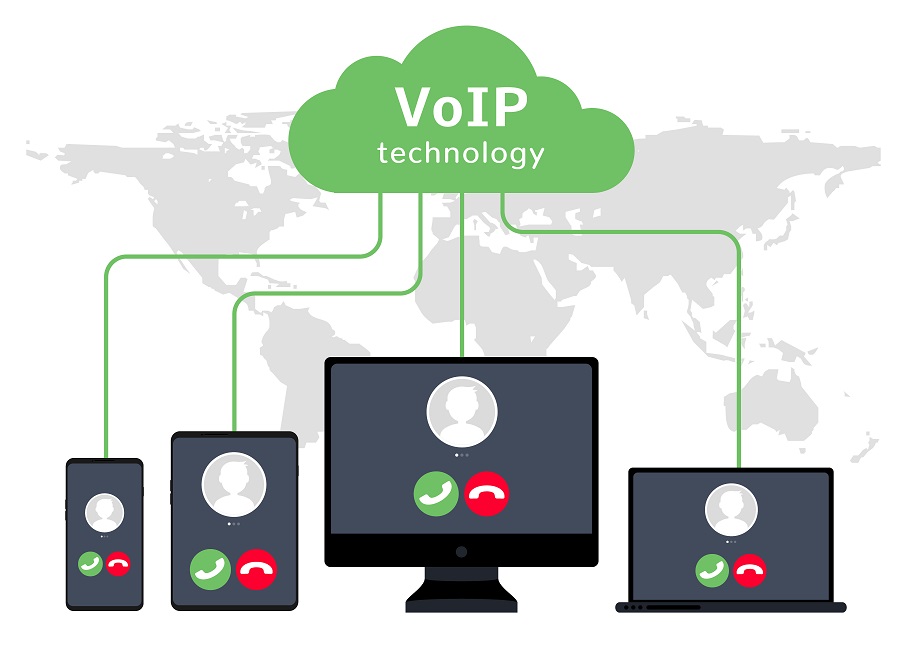Millennials could become the ‘richest generation in history’: Report
Millennials stand to inherit a lot of money, and soon. In fact, the generation that’s just now entering middle age could possibly become “the richest generation in history.” That’s according to the annual Wealth Report from global real estate consultancy Knight Frank, which was shared with Fast Company ahead of its public release next week. It found that over the next two decades, there will be a major transfer of wealth from the silent generation (those born between 1928 and 1945) and baby boomers (born between 1946 and 1964) to their millennial descendants (born between 1981 and 1996). The report said an estimated $90 trillion of assets will change hands, “making affluent millennials the richest generation in history.” For generations who stand to do the inheriting, it may be a much-needed injection of cash. Millennial and Gen Z adults have less savings than previous generations did at the same age and have struggled financially, especially when it comes to buying a home. According to a Youth & Money in the USA poll by CNBC and Generation Lab, 55% of young adults said it was much harder to purchase property than it was for their parents. Millennials, who have required more financial help from their parents, have also been called lazy and entitled at times, with some claiming that the generation spends too much of its earnings on lattes and avocado toast. But financially, young- to-middle-age adults are up against a lot. From record inflation to the student debt crisis, earning a living and having money leftover to invest or save is, quite simply, a massive challenge. That’s likely why so many millennials, even more than Gen Zers, have side hustles. According to H&R Block’s 2023 Outlook on American Life Report, millennials are the most likely to work multiple jobs. They may not own property or have a ton in the bank, but they do seem to know how to hustle—after all, the economy has demanded it of them. But in the next 20 years, when the Great Wealth Transfer happens, Gen Z and millennials may have some expendable income. That could go a long way toward paying off some of their crushing credit card debt and student loans. According to a report from Experian via USA Today Blueprint, Gen X and millennials have the most credit card debt, at around $8,134 and $5,496, respectively. But when it comes to creating their own wealth, it’s not Gen X or millennials who feel the most confident about their ability to do so. According to the new report, it’s Gen Z who feels most equipped. The wealth transfer will certainly help a lot of younger adults in the coming years. However, it’s worth noting that it’s the descendants of the wealthiest 10% who really stand to benefit from the wealth transfer. In particular, the top 1%, who are predominantly white, will be transferring the most money over the next 20 years. In that sense, sure, the wealth transfer will be good for some millennials who may be able to pay down their debt and finally buy property. But it likely won’t help those who need it the most, instead serving to deepen the already wide wealth gap in America.

Millennials stand to inherit a lot of money, and soon. In fact, the generation that’s just now entering middle age could possibly become “the richest generation in history.”
That’s according to the annual Wealth Report from global real estate consultancy Knight Frank, which was shared with Fast Company ahead of its public release next week. It found that over the next two decades, there will be a major transfer of wealth from the silent generation (those born between 1928 and 1945) and baby boomers (born between 1946 and 1964) to their millennial descendants (born between 1981 and 1996).
The report said an estimated $90 trillion of assets will change hands, “making affluent millennials the richest generation in history.”
For generations who stand to do the inheriting, it may be a much-needed injection of cash. Millennial and Gen Z adults have less savings than previous generations did at the same age and have struggled financially, especially when it comes to buying a home. According to a Youth & Money in the USA poll by CNBC and Generation Lab, 55% of young adults said it was much harder to purchase property than it was for their parents.
Millennials, who have required more financial help from their parents, have also been called lazy and entitled at times, with some claiming that the generation spends too much of its earnings on lattes and avocado toast. But financially, young- to-middle-age adults are up against a lot. From record inflation to the student debt crisis, earning a living and having money leftover to invest or save is, quite simply, a massive challenge.
That’s likely why so many millennials, even more than Gen Zers, have side hustles. According to H&R Block’s 2023 Outlook on American Life Report, millennials are the most likely to work multiple jobs. They may not own property or have a ton in the bank, but they do seem to know how to hustle—after all, the economy has demanded it of them.
But in the next 20 years, when the Great Wealth Transfer happens, Gen Z and millennials may have some expendable income. That could go a long way toward paying off some of their crushing credit card debt and student loans. According to a report from Experian via USA Today Blueprint, Gen X and millennials have the most credit card debt, at around $8,134 and $5,496, respectively.
But when it comes to creating their own wealth, it’s not Gen X or millennials who feel the most confident about their ability to do so. According to the new report, it’s Gen Z who feels most equipped.
The wealth transfer will certainly help a lot of younger adults in the coming years. However, it’s worth noting that it’s the descendants of the wealthiest 10% who really stand to benefit from the wealth transfer. In particular, the top 1%, who are predominantly white, will be transferring the most money over the next 20 years.
In that sense, sure, the wealth transfer will be good for some millennials who may be able to pay down their debt and finally buy property. But it likely won’t help those who need it the most, instead serving to deepen the already wide wealth gap in America.






















